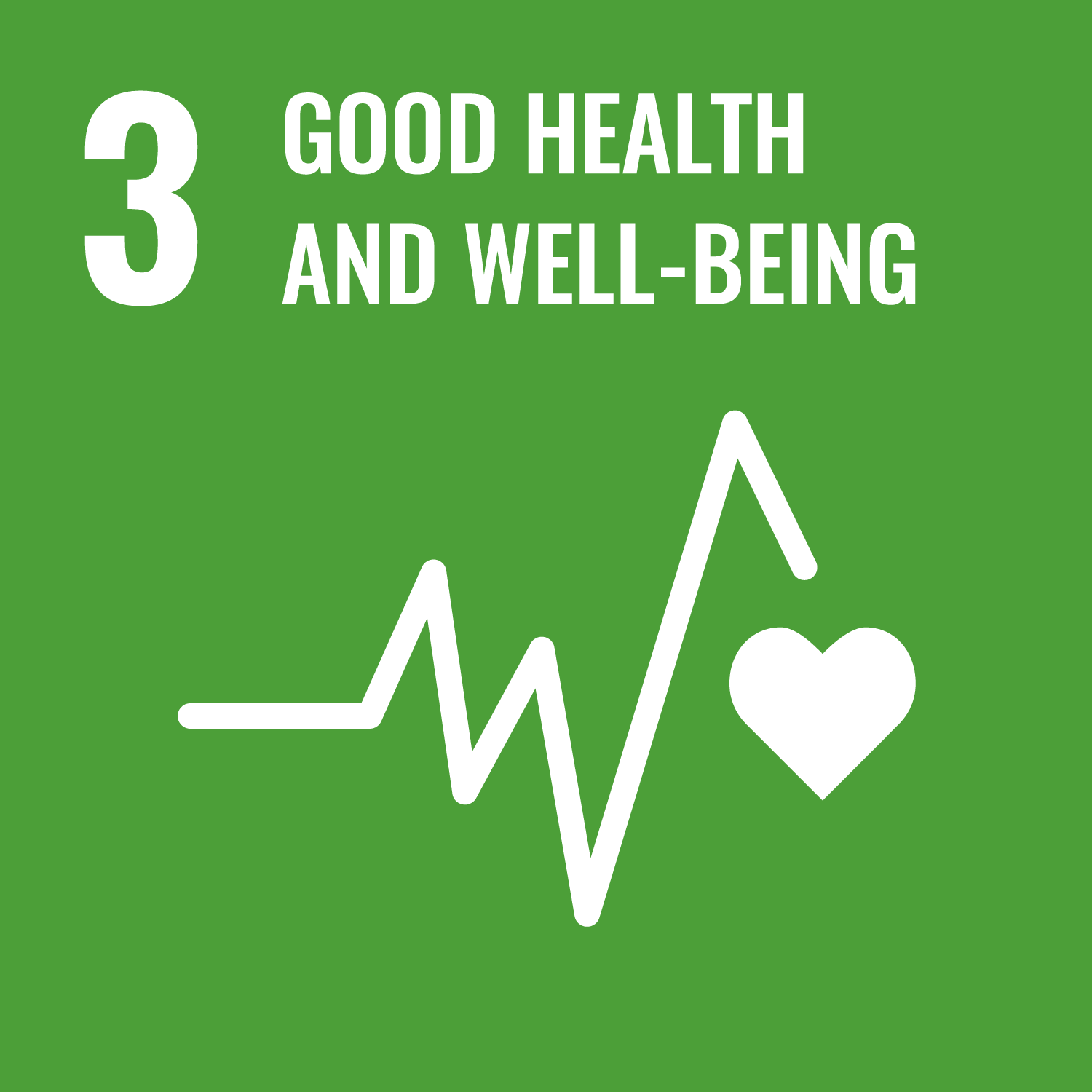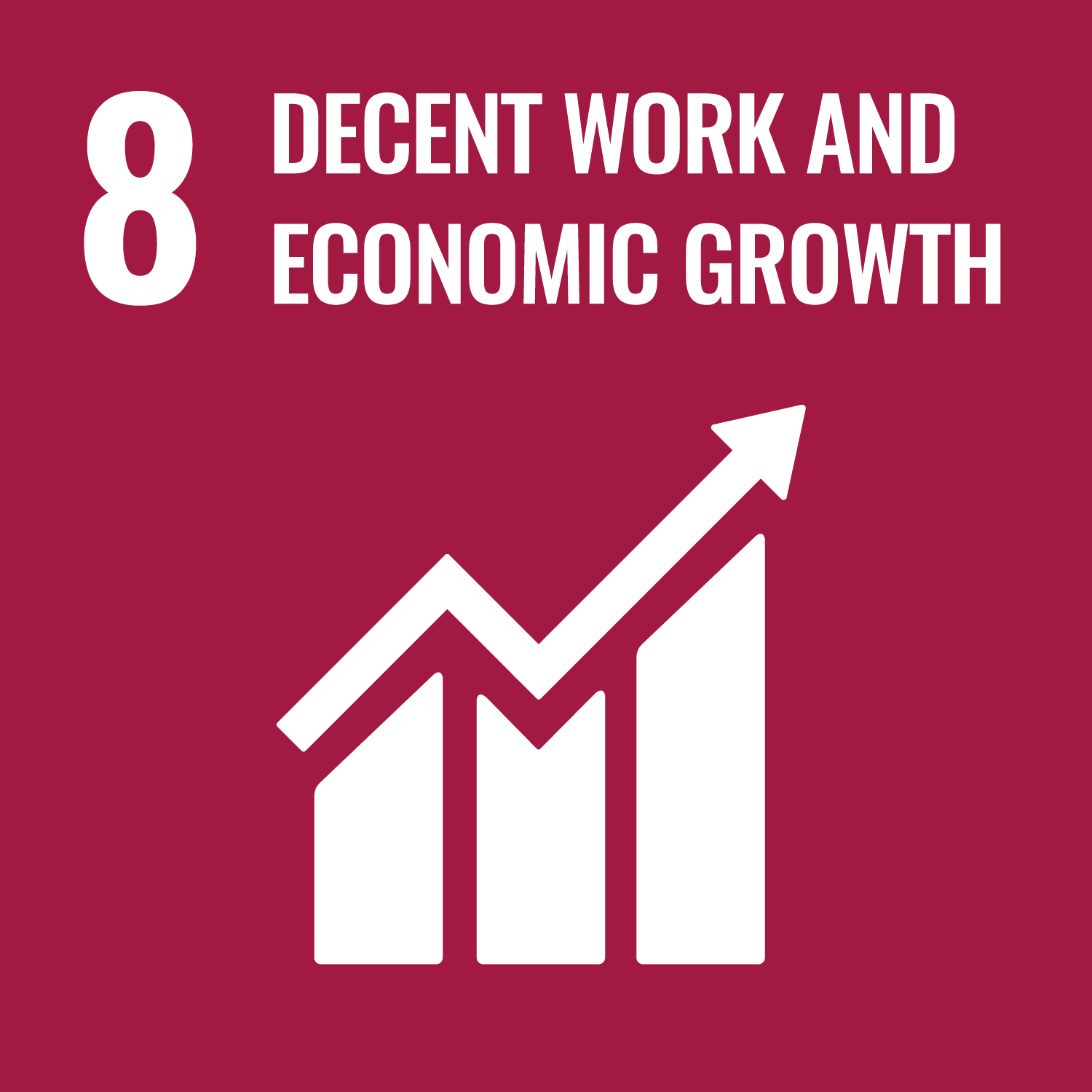This article considers the role of gendered and sexed social norms in HIV/AIDS prevention and response work with a focus on South Africa, and the ways in which responses perpetuate the marginalisation of people with non-conforming sexualities. The article opens with an overview of the sexual and gendered realities in South Africa and considers existing HIV prevention work, and the ways that this work reinforces norms around sex and sexuality.
The article focuses on the ways that these norms perpetuate the marginalisation of non-conforming sexualities in HIV/AIDS work, including the role of religious and cultural discourses in global health. The article considers the role of power throughout, considering citizenship, de-contextualisation of human behaviour, and socio-economic factors that influence the HIV/AIDS epidemic.
The article then moves into a discussion of homophobic attitudes in South Africa generally and in HIV/AIDS response. This section touches upon ‘corrective rape’ and points that corrective rape does not feature in mainstream HIV/AIDS programming, further silencing lesbian women and gay men in particular. The article then touches upon sexual health and sexual rights and confronting dominant discourses in HIV/AIDS work.
The article concludes with assertions about the need to base HIV/AIDS programming in reality–a reality that includes people of a diversity of sexual orientations–instead of basing them off of heteronormative and patriarchal agendas.








